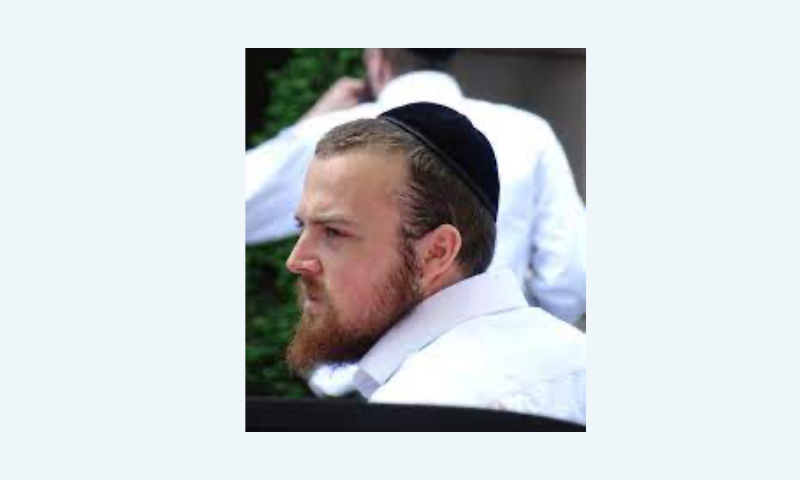Dovid Margolin
Mosaic Magazine, Jan. 7, 2020
“In Ukraine, instead of declaring war, Moscow claimed from the start that “separatists” were bravely trying to break away from the Kiev regime and that it had a moral obligation to protect them.”
In early 2014, political disruption in Ukraine devolved into unrest, a Russian invasion of the country, and a war that is still not over. Yet today, almost six years later—and despite a phone call between the U.S. president and his Ukrainian counterpart that dominated the American news cycle for weeks—even those who closely follow international events remain, for the most part, in the dark about Ukraine’s overall present situation, its history—or, in particular, the condition of its Jews.
That’s reason enough to appreciate Putin’s Hybrid War and the Jews, a recent book by the journalist Sam Sokol. Based largely on the author’s prolific firsthand reporting for the Jerusalem Post between late 2013 and 2016, the book is so far the only one on the “Donbas War” to tackle the subject encapsulated in its subtitle: “Anti-Semitism, Propaganda, and the Displacement of Ukrainian Jewry.”
When Sokol’s storybegins in 2013, Viktor Yanukovych, Ukrainian president and Putin ally, had pulled back from signing an association agreement with the European Union. Protesters came out en masse to Kiev’s Maidan Nezalezhnosti (“Independence Square”), and things soon spiraled out of control. By late February 2014, military-police actions to quell the demonstrations had resulted in more than 100 dead. Within a week, Yanukovych was gone; the protesters seemed to have won. But Russia was not about to relinquish its grip on a territory that had been in its sphere of influence since the 17th century.


